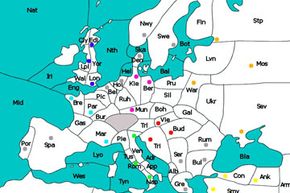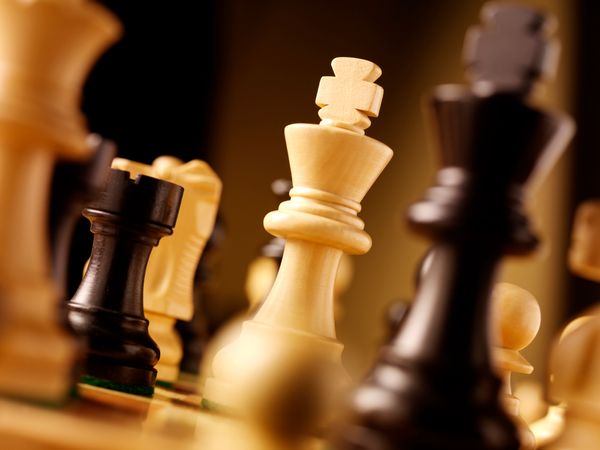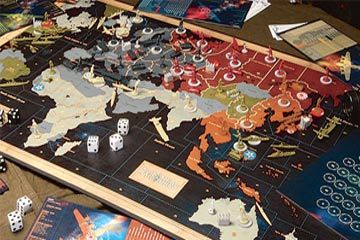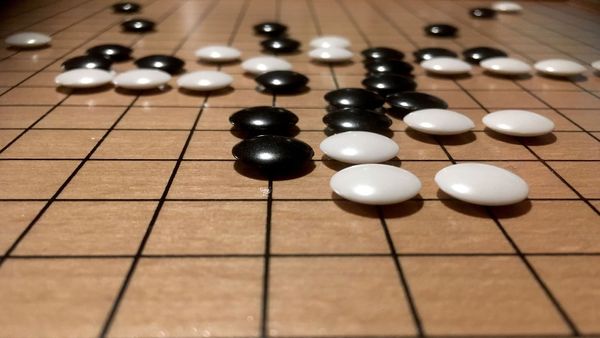Truth may be stranger than fiction, but that doesn't mean it's more enjoyable. Just ask Ted Strickler, who spent more than three decades working as a foreign service officer in the U.S. State Department, doing stints at consulates and embassies in places like Sudan, Egypt, Switzerland and Germany. When Strickler was in college at American University in Washington D.C., he and his buddies spent countless weekend hours playing a board game called Diplomacy. "The game was more fun," says Strickler, comparing it to his eventual real-life career.
While it may not be all that surprising to hear that a game is more fun than real life -- it is called a game, after all -- Strickler insists there was some value to all the play that served him well in his work. "The game was a lesson in the importance of building coalitions and the work required to maintain them," says the now-retired diplomat. "Anyone with a reputation for double-dealing or breaking promises soon found himself and his country isolated without friends and allies."
Advertisement
As the name of the game indicates -- and as Strickler's experience with it as a quasi-training program for his career shows -- this is a game all about diplomacy, although it takes place in the sort of world environment that diplomats of good will generally try to avoid. Specifically, it's a game designed ideally for seven players, all of whom should be at least 12 years old, and it's set in Europe at the beginning of the 20th century [source: LeRoy]. This was a time, of course, of great peril, with powerful nations hurtling toward the conflict of World War I.
The game plays out from the start of this unsettled time, and the object of Diplomacy is to control Europe. It's realistic enough that both former U.S. President John F. Kennedy and master diplomat Henry Kissinger were reportedly players [source: McClelland]. And its rules are anything but simple.
Advertisement




